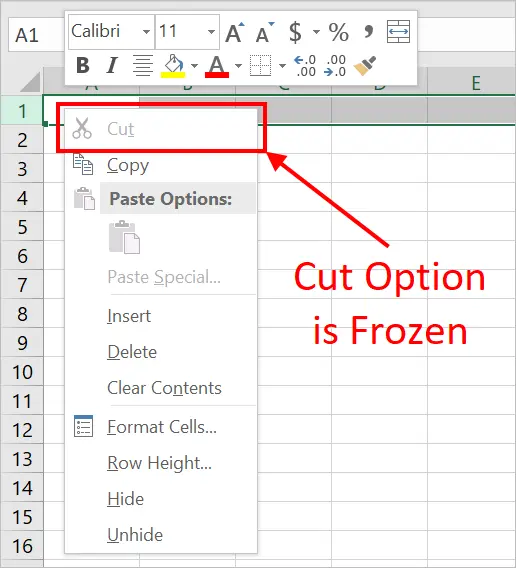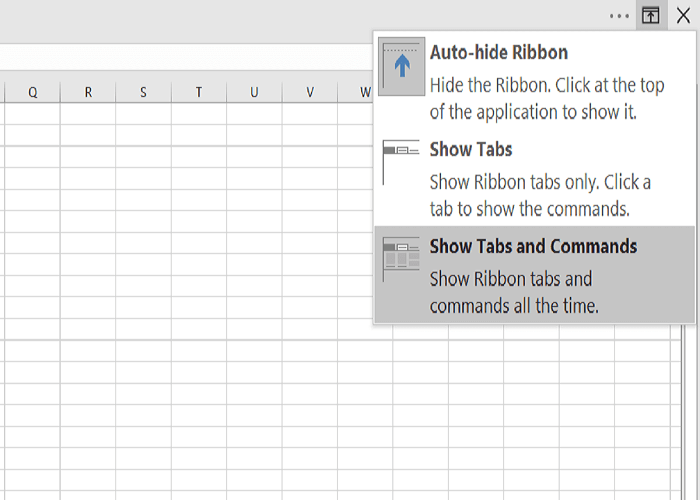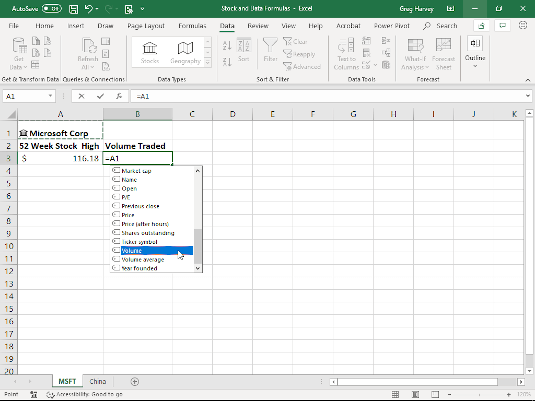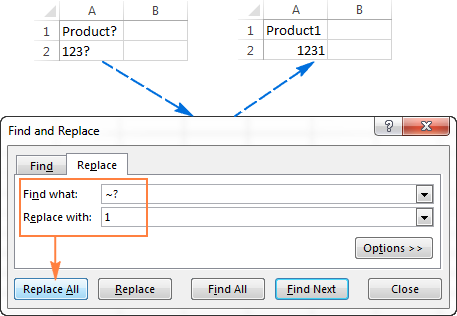
You can set the columns K and L as you like – depending on how much space you have left. In our example, column A (December 2019) has a width of 35 columns C,E,G, and I have a value of 20 empty columns B, D, F, H, and J, which are meant to break up the schedule are only 40 pixels wide (corresponds to a value of 5).This saves you having to adjust all table columns manually. Using the “ Transfer Format” button (located in the upper left corner of the Start tab) you can even speed up your work: To do this, first click on an already formatted column, then on the button in question and finally on the column to be formatted.Alternatively, you can click on a column and enter the desired value in the “Start” tab under “Format” à “Column” width.To adjust the width of the columns in your schedule, you can simply click (hold) on the column boundary and drag it to the desired width (the current width is displayed in a small window over the mouse pointer).
EXCEL 2016 MENU BAR NOT WORK HOW TO
We will also give you tips on how to use Excel shortcuts:

In this section, we’ll show you how to format table columns and rows, and fix the header at the top of the screen. Working hours and scheduling is overseen by ACAS in the UK.
EXCEL 2016 MENU BAR NOT WORK PROFESSIONAL
If you are unsure whether your work schedules are following best practice or complying with local laws, be sure to consult a legal professional to ensure that you are legally in the clear.

Employees should be made aware of any changes to the work schedule with plenty of notice and employers should consider offering overtime or premium pay for any last minute schedule changes. Naturally, employee rest times should be prioritised so that employees are not exhausted and can have a work-life balance. Work schedules should also be issued well ahead of time (two weeks’ notice is ideal where possible), and employers should try to be flexible and accommodating with employee shift requests or overtime requests. Employers should be able to give a reasonably accurate estimate of their potential schedule upon hiring them, to ensure that workers are not being promised hours that they will not receive, or being manipulated into working additional hours that they are not available for. There are some steps you can try to take when creating your work schedule to ensure that you are complying with best practice. Some laws also cover availability of additional work hours or call-in pay. The purpose of these laws is to ensure that workers are being assigned a fair amount of work, and to ensure that their work-life balance is being prioritised. It is also important to ensure that your work schedules comply with predictive scheduling laws or fair scheduling laws. Different colours also make individual areas stand out from each other. For example, empty rows or columns can loosen up the layout.




 0 kommentar(er)
0 kommentar(er)
